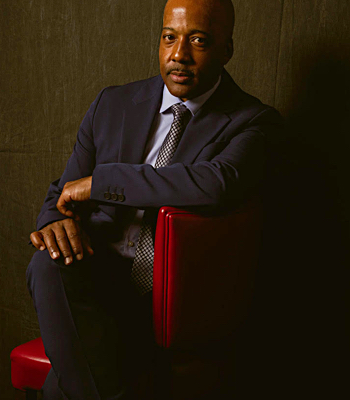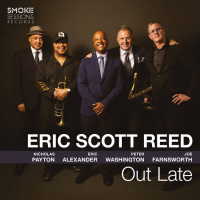Frank Reader (vocals), John Douglas (guitar), Paul Livingston (lead guitar), Stephen Douglas (drums), Stevie Mulhearn (keyboards), Frank DiVanna (bass-tour), Grant Wilson (bass-CD)
“The world would be a poorer place without the Trashcan Sinatras” – Billboard Magazine
The story of the Trashcan Sinatras is one of perseverance—that of the band, and that of its fans. The group originally formed as a covers band in 1987 in Irvine, Scotland. Their debut, Cake, was released to critical acclaim in 1990, and spawned alternative and college radio hits “Obscurity Knocks” and “Only Tongue Can Tell.” The more mature follow-up, 1993’s I’ve Seen Everything, received even stronger reviews, but in an era when grunge was all the rage, the Trashcans’ melodic gems were buried by the alt-rock sounds from Seattle. Album number three, A Happy Pocket, was released in 1996 (but not in the USA, the band’s largest market) just before the demise of Go!Discs, and became the band’s final traditional-label release for quite some time....
read more
Frank Reader (vocals), John Douglas (guitar), Paul Livingston (lead guitar), Stephen Douglas (drums), Stevie Mulhearn (keyboards), Frank DiVanna (bass-tour), Grant Wilson (bass-CD)
“The world would be a poorer place without the Trashcan Sinatras” – Billboard Magazine
The story of the Trashcan Sinatras is one of perseverance—that of the band, and that of its fans. The group originally formed as a covers band in 1987 in Irvine, Scotland. Their debut, Cake, was released to critical acclaim in 1990, and spawned alternative and college radio hits “Obscurity Knocks” and “Only Tongue Can Tell.” The more mature follow-up, 1993’s I’ve Seen Everything, received even stronger reviews, but in an era when grunge was all the rage, the Trashcans’ melodic gems were buried by the alt-rock sounds from Seattle. Album number three, A Happy Pocket, was released in 1996 (but not in the USA, the band’s largest market) just before the demise of Go!Discs, and became the band’s final traditional-label release for quite some time.
An early belief in the value of the Internet, however, led to the creation of an official website, and the band’s heavily trafficked website, trashcansinatras.com, helped unite the Trashcans’s global fan base, which stood devoted and zealous behind the group’s shift to independence.
The fan support would prove critical, as the Trashcans would enter their most trying times, including growing financial burdens, moving out of their Shabby Road Studios and an extended separation between band members. Feeling an obligation to their partially-completed songs and inspired by their fan loyalty, the band pushed onward, writing new material and working to come together for performances in bars and at festivals in Scotland, London and the Far East.
Fans rallied for the release of copious demos, rarities and obscurities and the Trashcans responded with a number of free downloads and internet-only releases, including 2003’s double CD compilation, Zebra of the Family. Few things are more precious to a dedicated music fan than tracks from their favorite group’s vault and the releases continued to ignite the band’s online following.
show less












